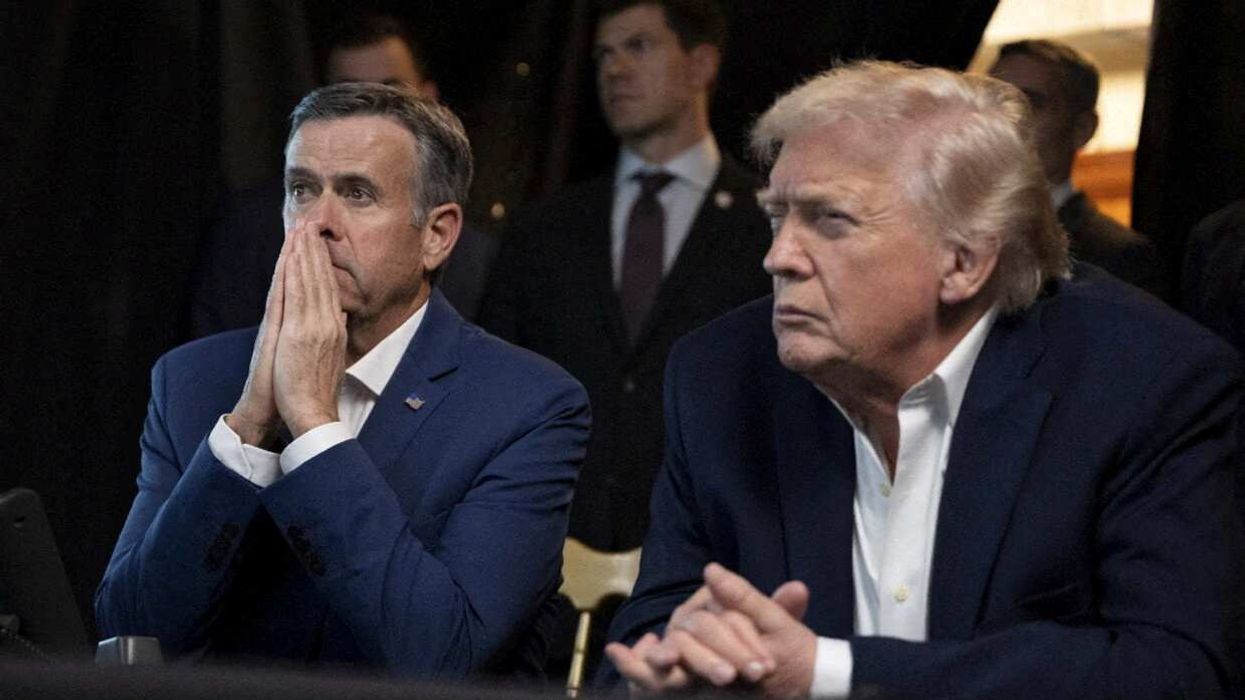British voters put a new spin on the Fourth of July today, freeing themselves from 14 years of Conservative rule. Labour won in a historic landslide, making party chief Keir Starmer the United Kingdom’s new prime minister.
In May, following news that inflation had slowed to 2.3%, then-PM Rishi Sunak called for a July election even though he could have waited until the end of the year. He tried to capitalize on the good inflation news and has spent the last six weeks campaigning up and down the country in a bid to win support.
But polls have consistently favored Labour by a wide margin. In the end, Labour secured 412 seats to the Conservatives’ 120. On Friday, King Charles invited Starmer to form a new UK government.
What will change? Domestically, Starmer has pledged to lead a “pro-business and pro-worker” government while facing “hard choices” for public spending. The party plans to work on “wealth creation” and, among other goals, aims to create a new publicly owned clean power company. In terms of foreign policy, Starmer is pro-NATO and pro-Ukraine, like Sunak, but he will take a different approach to the European Union to rebuild trust in the post-Brexit era.
Will the UK rejoin the EU? Not so fast. Starmer says he has no plans for a “Breturn” and does not believe the country will rejoin in his lifetime. That said he’s still looking to reset ties with the EU. According to Ian Bremmer, Starmer has developed a strong rapport with European Commission President Ursula von der Leyen and intends to expand Britain’s foreign policy cooperation. “He plans to propose a wide-ranging UK-EU security pact as well as bilateral defense agreements with Germany and France,” Bremmer wrote for GZERO.
“Longer term, he wants to return to something akin to a customs union in all but name.”


















